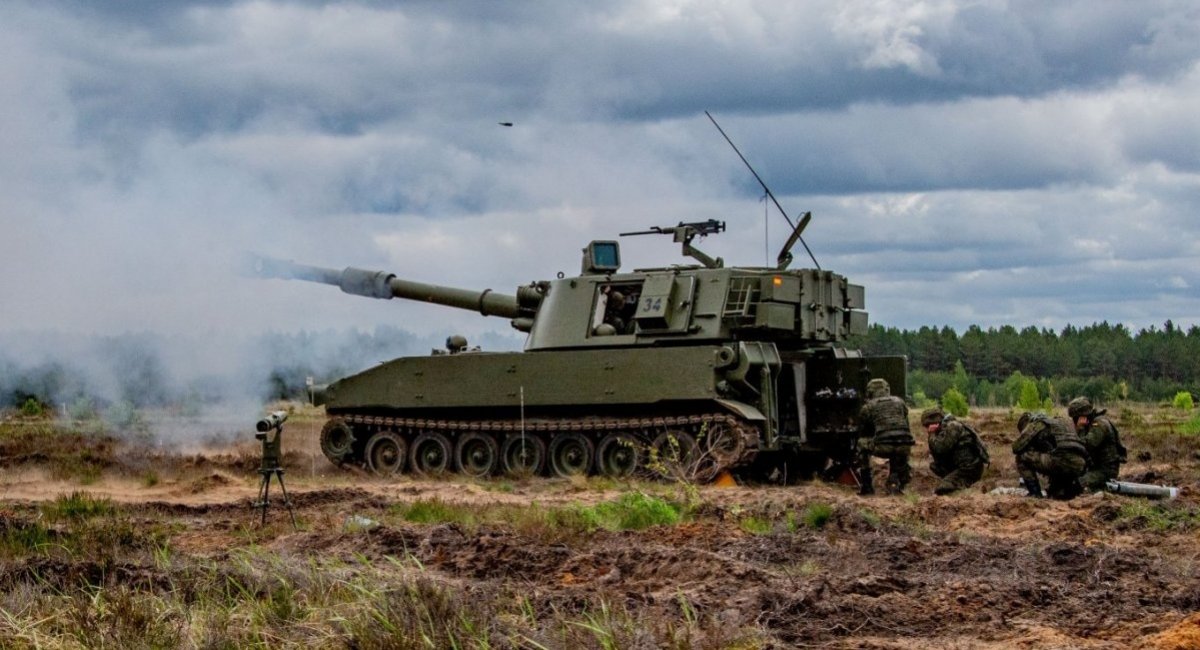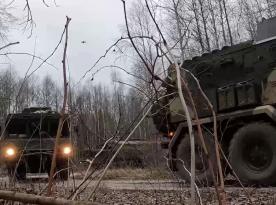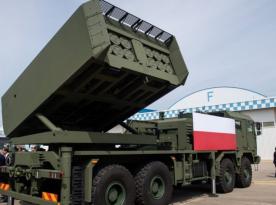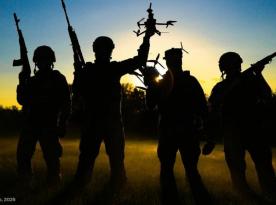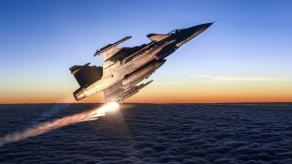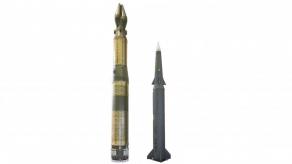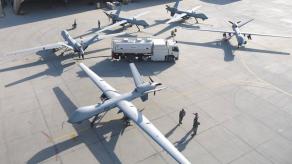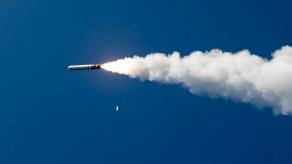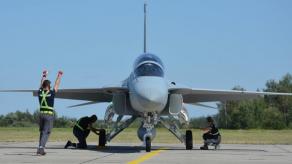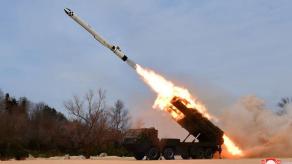The full-scale invasion of the russian federation demonstrated the realities of intense war in the 21st century and forced a number of countries around the world to think about the transformation of their own army and defense-industrial complexes. Spain was no exception, announcing an increase in the defense budget last year by almost a third.
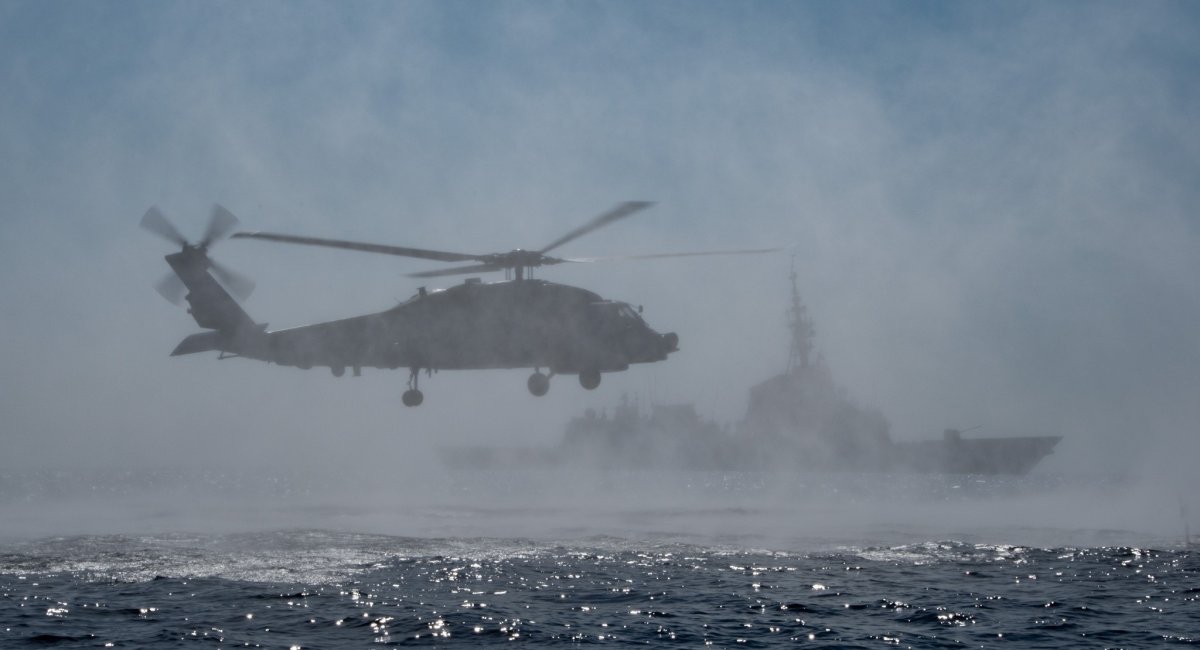
As Infodefensa reports, the Ministry of Defense of Spain has individual specialists who study the war in Ukraine and how Ukraine’s Armed Forces and the russian occupation army operate, and draw their own conclusions from all this, which could be transferred to the Spanish army. Major General Pedro Torreño, who heads the Force Development Division of the Joint Staff, which is part of the Defense Staff, gave details of these findings.
Read more: Using Tanks to Shoot From a Closed Position Like Self-Propelled Guns: How Effective It Is In Combat
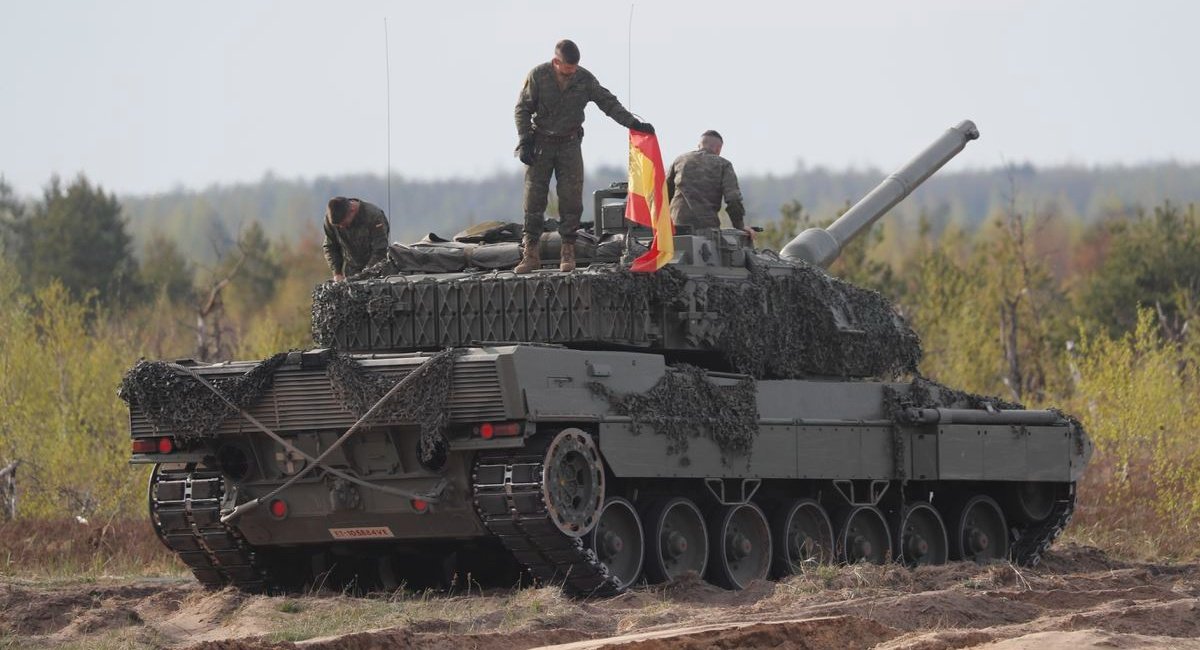
First of all, when analyzing the war in Ukraine, the Spaniards admit that this war drew attention to "almost forgotten problems" that are actually typical of a full-scale war. In particular, in Spain, they are talking about such things, which have actually been mentioned before: logistics, the issue of increasing production capacity, maintaining the necessary level of ammunition, treating the wounded, troop rotation and related difficulties, battles in urbanized areas, etc.
Another traditional and typical conclusion: the importance of having long-range high-precision self-propelled guns and missile systems in combination with effective target reconnaissance and a fast decision-making cycle. The Spanish general emphasizes the obligation to develop in the direction of interconnection between sensors, control centers, and elements, which produce effects [artillery systems, etc.].
They also mention the means of radio-electronic warfare and radio-electronic intelligence, and here the main conclusion is the following: it is necessary to constantly develop this direction in order to have an advantage, but also to prepare to fight with an equal enemy, which will interfere with own EW and REP means.
Another conclusion is about unmanned aerial vehicles, which in fact should be more and of all types: from reconnaissance to attack ones. And, of course, the means of countering them.
By the way, the special attention is paid to the information component, which internally allows maintaining a high morale, and externally to receive the support of transnational corporations. In general, it is noted that "both sides are very active and coordinate actions with other directions" in cyberspace.
The Spanish general notes the following conclusions: it is necessary to have "balanced armed forces", where quality and quantity will be combined (for example, the advantage of long-range high-precision artillery against an enemy with an advantage in the number of systems, but with worse accuracy and range), troops must be trained and motivated, and emphasize the importance of coordination with other government agencies.
Read more: Why Digging T-54 or T-62 Into Ground as Stationary Firing Point is Not As Simple As it Sounds




